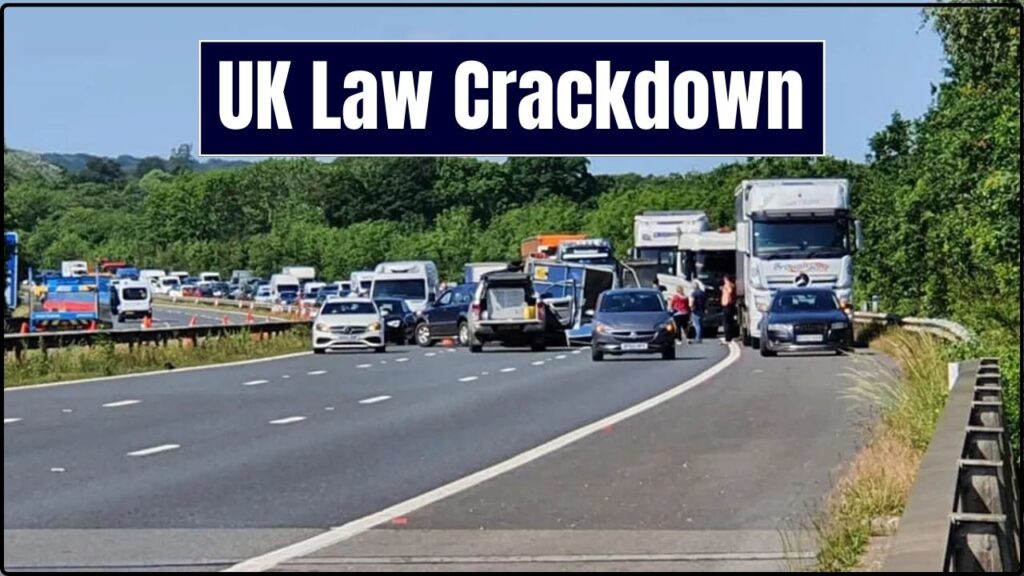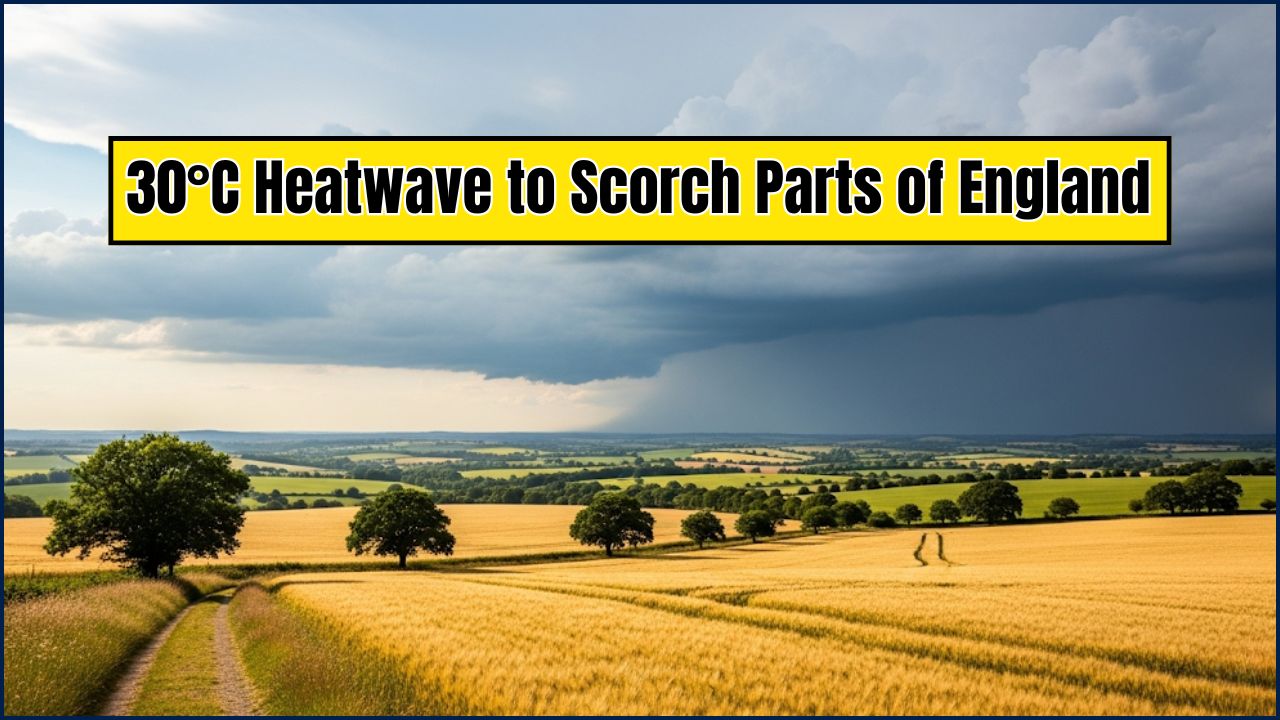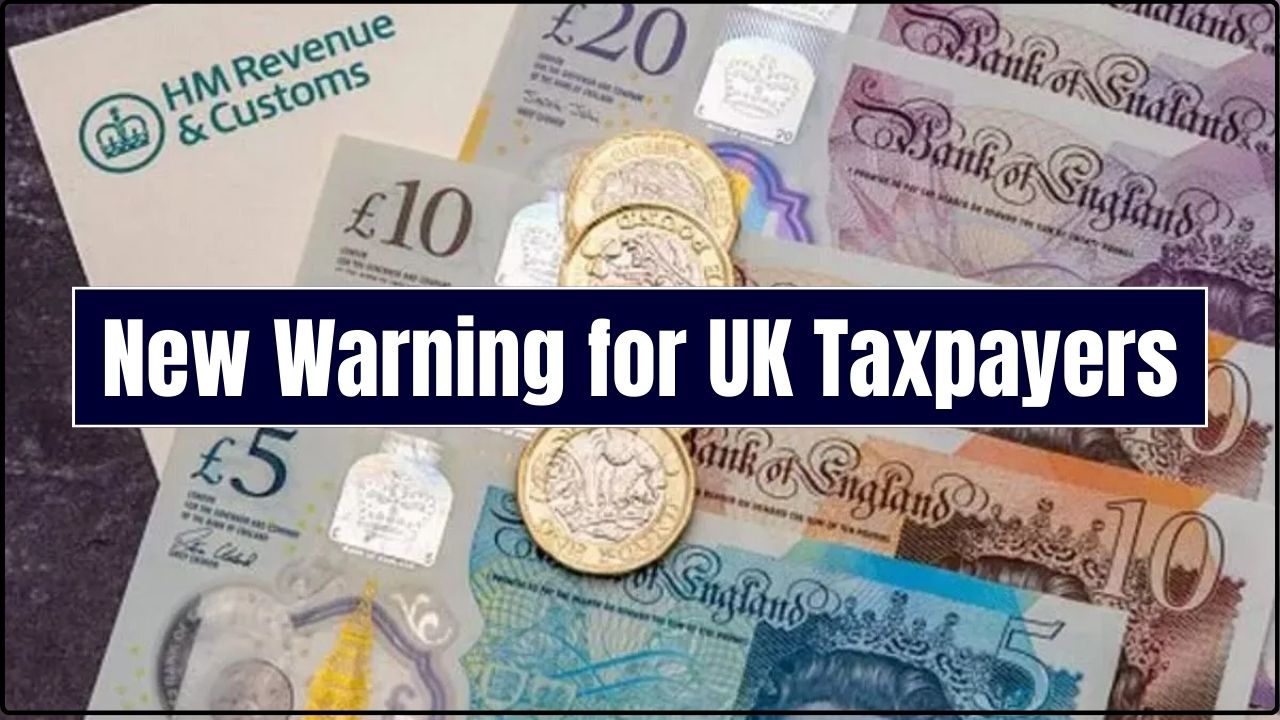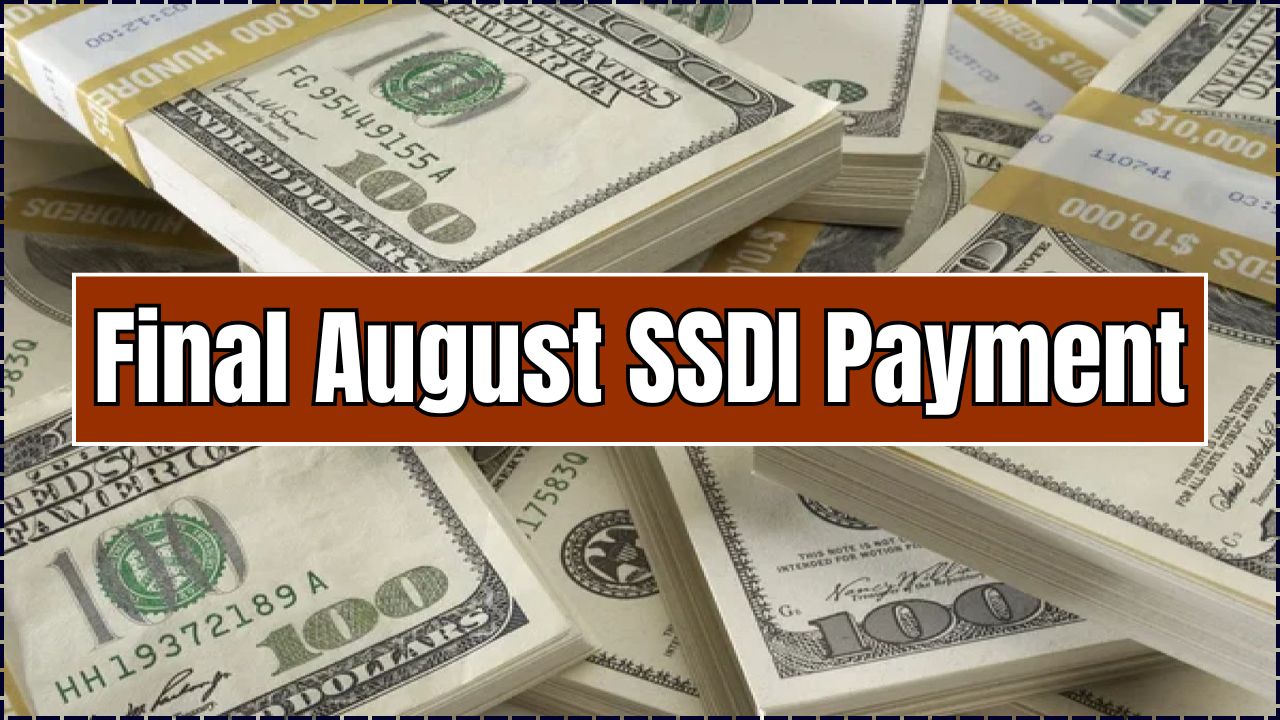If you’ve been scrolling the news lately, you might’ve seen headlines screaming: “UK Law Crackdown: Honk at a Horse and Pay £1,000!” Sounds wild, right? Like something out of a comedy sketch—honk once and your wallet’s crying. But is it true? Is there really a new law that slaps drivers with a £1,000 fine just for honking at a horse?

Spoiler: no, there’s no new law like that. But, as with most viral stories, there’s a grain of truth buried under all the hype. Let’s break it down so you get the facts, not just the clickbait.
UK Law Crackdown
| Topic | Details |
|---|---|
| New £1,000 fine for honking at horses? | Myth – No such law exists. |
| What the law really says | Highway Code Rule 215: drivers must pass horses wide and slow (10 mph, 2m distance). |
| Real penalties | Up to £200 fine, 6 penalty points, and possible insurance issues. |
| Why the £1,000 number? | Misreporting and sensationalism. |
| Real dangers | 3,500+ horse-related road incidents in 12 years (British Horse Society). |
So, is the UK really cracking down with a £1,000 fine for honking at horses? Nope—that’s a myth. The real fine is up to £200, plus six penalty points. But the bigger issue isn’t money—it’s safety. Horses are unpredictable, riders are vulnerable, and drivers have the bigger responsibility.
The takeaway? Slow down, pass wide, stay calm, and ditch the honk. Everyone gets home safe, and your insurance premiums stay low.
The Buzz vs. The Reality
Here’s the deal: UK media picked up on the Highway Code’s guidance about overtaking horses safely. Somewhere along the line, someone tossed in the “£1,000 fine” to spice up the story, and boom—it spread like wildfire.
But the actual fine drivers could face is £200, plus up to six penalty points on your license. Not fun, but not quite the £1,000 nightmare being shared on social media.
The Highway Code and Horses: A Quick History
The Highway Code was first published in 1931 with just 18 pages—and even back then, it included advice on how to handle horses on the road. Horses were common forms of transport, so it made sense.
Fast forward to today: cars dominate the roads, but horses are still out there, especially in rural areas. The Code has adapted, now requiring drivers to slow down to 10 mph and pass with at least 2 meters of space.
What the Highway Code Actually Says
The Highway Code Rule 215 spells it out clearly:
- Slow down to 10 mph when passing horses.
- Leave at least 2 meters (about 6.5 feet) of space.
- Avoid loud noises like revving engines or honking horns that could spook the horse.
Comparison Table
| Action | Old Rule (Pre-2022) | Current Highway Code Rule |
| Passing a Horse | Overtake with caution, giving “plenty of room.” | Slow down to a maximum of 10 mph and leave at least 2 metres of space. |
| Sounding a Horn | Advised against it to avoid startling animals. | Explicitly states: “Do not sound your horn or rev your engine.” |
| Vulnerable Users | Mentioned as needing care. | Established a “hierarchy of road users,” placing horse riders as vulnerable and giving them greater protection. |
Why People Think It’s £1,000
So where did the £1,000 number come from? It’s a classic case of media spin. Some outlets exaggerated the fine, possibly confusing it with:
- Careless driving penalties, which can hit £1,000.
- Horn misuse fines in built-up areas after dark.
But when it comes to horses specifically, the law caps it at £200.
Real-Life Examples of Horse-Related Road Incidents
According to the British Horse Society (BHS):
- Over 3,500 road incidents involving horses were reported between 2010 and 2022.
- 43 riders were killed, and over 1,200 horses injured.
- In 80% of incidents, drivers were at fault for passing too fast or too close.
One case in 2020 saw a rider thrown off after a car sped past, honked, and startled the horse. The rider suffered broken ribs, and the horse required months of recovery.
These aren’t just “country quirks.” They’re serious safety issues.
A Driver’s Guide: How to Share the Road with Horses
Here’s your no-nonsense guide to staying safe (and ticket-free):
Step 1: Spot the Horse Early
Keep an eye out—horses often appear on country roads, but sometimes even in suburban areas.
Step 2: Slow Down
Ease off the gas. Aim for 10 mph max when passing.
Step 3: Keep Your Distance
Give the horse and rider at least 2 meters of space.
Step 4: Stay Quiet
No honking, no revving. Just cruise past calmly.
Step 5: Be Patient
If the road’s too narrow to pass safely, just wait. A few extra seconds won’t kill you—but rushing might cause an accident.
Tips for Horse Riders Too
It’s not just on drivers—horse riders can also take steps:
- Wear hi-vis jackets to improve visibility.
- Signal clearly with hand gestures when safe to pass.
- Stick to bridleways when possible, but stay predictable on the road.
The British Horse Society even runs the “Dead Slow” campaign, teaching both drivers and riders how to coexist safely.
How the UK Compares to Other Countries
- USA: Laws vary by state. In places like Pennsylvania, drivers must stop if a horse rider signals that the horse is frightened.
- Germany: Riders have strict rights, and cars must yield on narrow roads.
- Australia: Some states allow riders to wave drivers down, and failure to comply can lead to hefty fines.
The UK’s 10 mph and 2m rule is seen as one of the stricter, more protective laws globally.
Common Myths, Busted
- “But my horn is just a warning!”
For horses, it’s a panic alarm. - “It’s only a horse, why the fuss?”
Horses weigh half a ton and can kick through a car door. - “If it’s not £1,000, then who cares?”
Even a £200 fine, six points, and higher insurance premiums should matter.
Expert Insight
According to Alan Hiscox, Director of Safety at the British Horse Society:
“One incident is one too many. Every driver has a responsibility to slow down and give space to horses on the road.”
This expert insight reinforces that the rules aren’t just “extra red tape.” They’re life-saving.
Top 3 Myths About the “Honk at a Horse” Fine
- Myth #1: It’s a new law. The law itself isn’t new. Frightening an animal on the road has been a punishable offence for years under the Road Traffic Act. The recent headlines are about reminding drivers of this existing penalty.
- Myth #2: It’s only about honking. While the horn is the most common sound, the law applies to any action that could spook a horse, including revving your engine, accelerating rapidly, or passing too close or too fast.
- Myth #3: It’s always a £1,000 fine. The £1,000 figure is the maximum penalty. The actual fine and any additional punishment, like penalty points, would depend on the severity of the incident, with more serious cases leading to court action.
FAQs
Q1: Can I ever honk at a horse?
Not unless it’s absolutely necessary to prevent a collision.
Q2: Is this really a “new law”?
No. These rules have been around in the Highway Code; they’re just resurfacing in the media.
Q3: What happens if I spook a horse and cause an accident?
You could face fines, legal liability, insurance refusals, and even criminal charges.
Q4: Does this only apply in the countryside?
Mostly, but horses can appear anywhere—suburbs, events, parades.
Q5: Is £200 the max fine?
Yes, for horse-related offences. But careless driving in general can cost up to £1,000.












